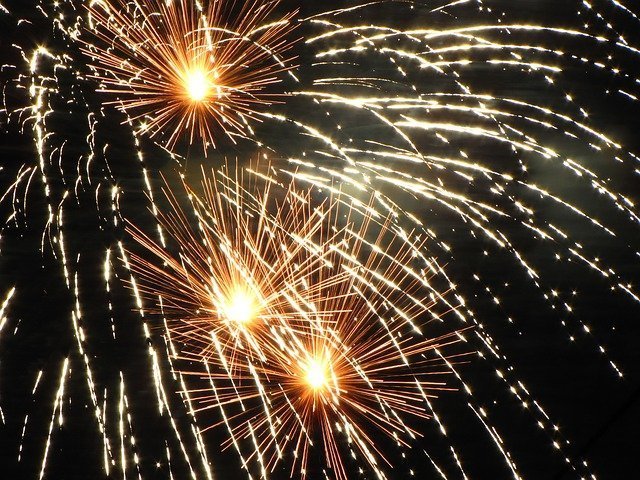You better believe that after 400 years of desperate prayers, 400 years of harsh slavery, 400 years of total oppression, that when the Israelites were sent out of Egypt it was with great rejoicing, nonstop tears of gratitude, and sobs of joyous incredulity. Who could have believed that they would live to see the day! Hope had come and now after 400 years, hope was actually being fulfilled!
Deliverance!!
Second only to the redemption given by Jesus, the Exodus was the greatest act of God in human history. It’s referred to over and over and over in the Scriptures. It was beyond a stunning display of the amazing promises, love and deliverance of God.
It was therefore important that the Israelites never forget that moment (because people can forget rather quickly). Forgetting would imply doubting God, doubting his goodness, doubting his power and turning away from Him. But rather they needed to remember He was powerful, He was good, and He remembered His covenant with them.
It’s why even to this day Passover is celebrated. And it’s commanded to be celebrated for all time.
The first part of remembering the Passover is to eat bread without yeast. It was called the “bread of hardship” (16:3) because they left the land of Egypt in a hurry. And they were to eat the Passover in the evening, at the same time they had departed Egypt.
I must have missed that part because in my mind I see Charlton Hesston of the Ten Commandments leading Israel out in the daytime. But no, it was in the evening when it was very cold in the desert. They probably prepared all day, and left at night.
Regardless, the Passover remembrance was to be a solemn occasion. Remembering the hardship, the speed at which they left, and the challenges of eating fast.
Then they were to celebrate the Festival of Weeks. This was the counting of seven weeks. It’s actually the time we are in now during this writing. At the end there is celebration of the giving of the Law on Sinai. It is a time of rejoicing before the Lord (Deut 16:11).
Then there is the Festival of Booths where for seven days (16:13), they celebrate the in-gathering of the Harvest. This too was a time of great rejoicing and was to be a festival. It was “because the LORD your God will bless you in all your produce and in all the work of your hands, and you will have abundant joy” (16:15).
What Does This Mean?
All of this was pointing to the Messiah (as we read in Is 53). Just as the blood covered over the Israelites and they were delivered, so Jesus’ blood covers us and we are delivered. While the Jews celebrate the Law given, we can celebrate as Christians the Law fulfilled. And then of course, we should always have Thanksgiving, the world-over, celebrating the harvest.
But for me I realize I need to take Easter the Passion Week with more sobriety and more celebration. Growing up that week was about sunrise services that were so difficult with my health issues as a kid (terrible fatigue).
Yet how much more should we celebrate that God has delivered us from sin, and that Jesus was raised from the dead? We need more celebration and even more togetherness in our remembering. Work should totally cease and we should be having three days of gatherings.
We do a little bit, but I’m seeing in this Scripture, that we need much, much more. Resurrection Sunday should be about food, dancing and celebrating Jesus and not just Easter Egg hunts.
God wants us to celebrate with exceedingly great joy and “rejoice during your festivals.”
More rejoicing is in order.
Feasting. Dancing. Celebrating deliverance together.

